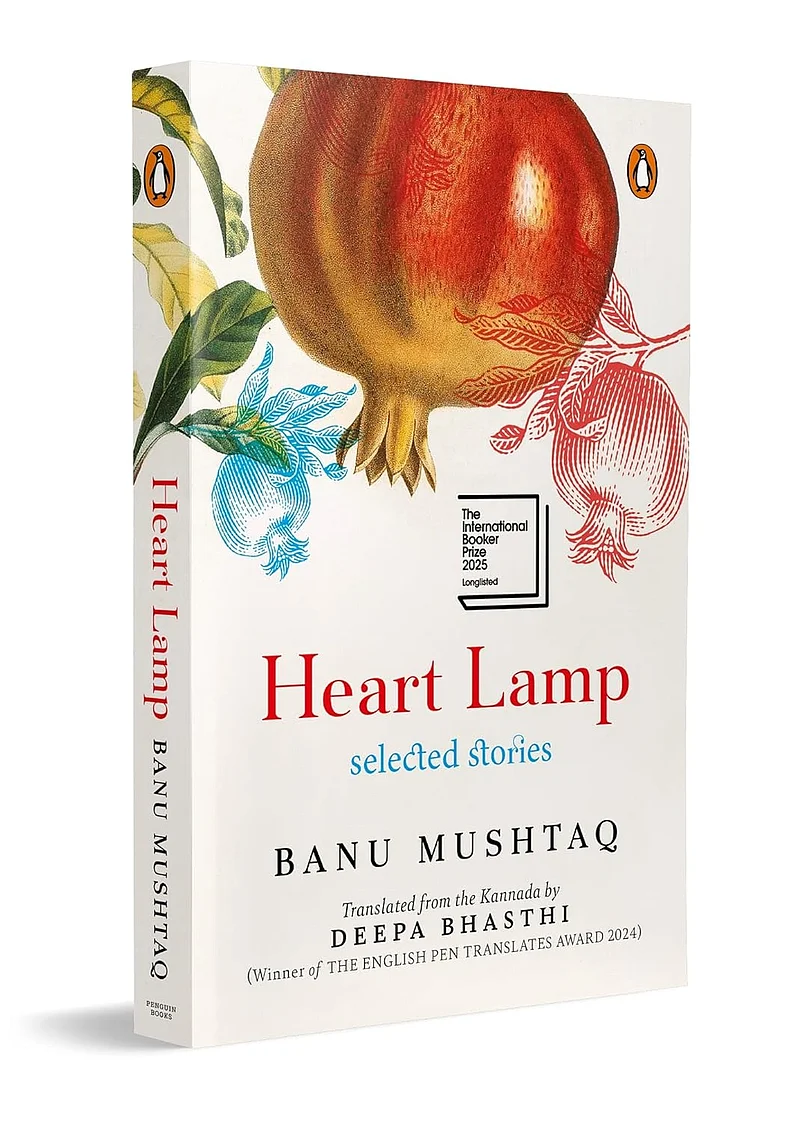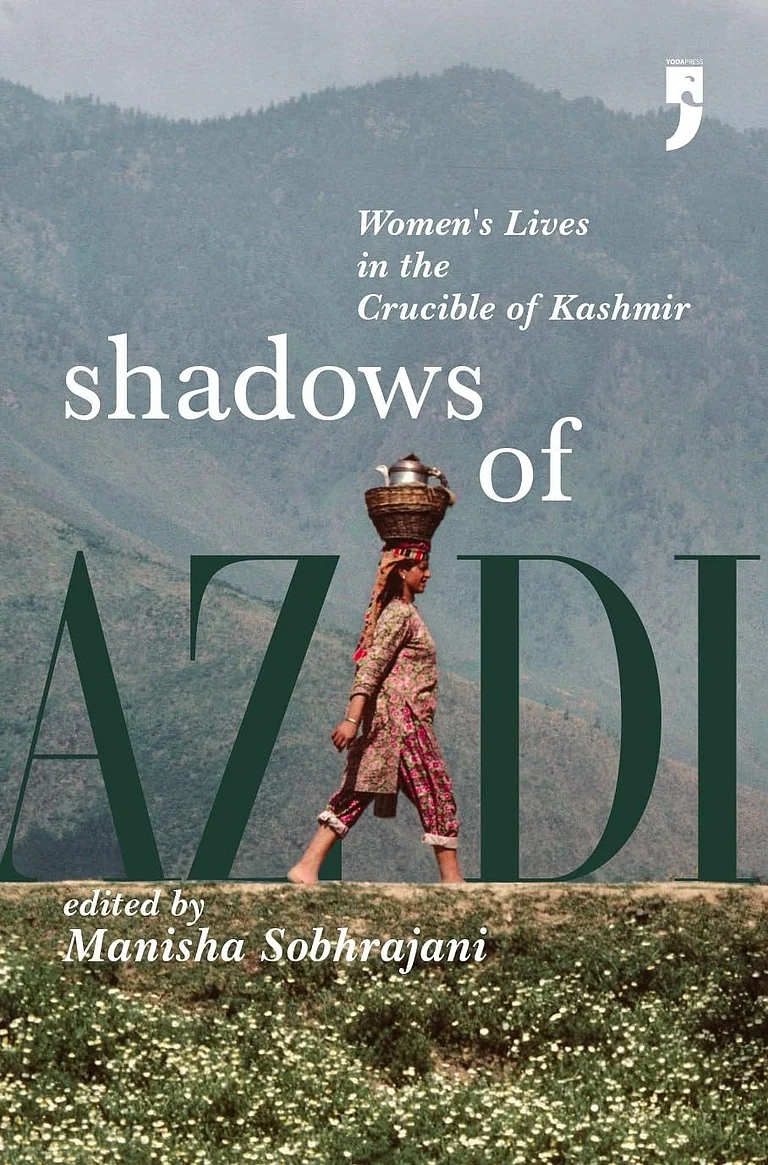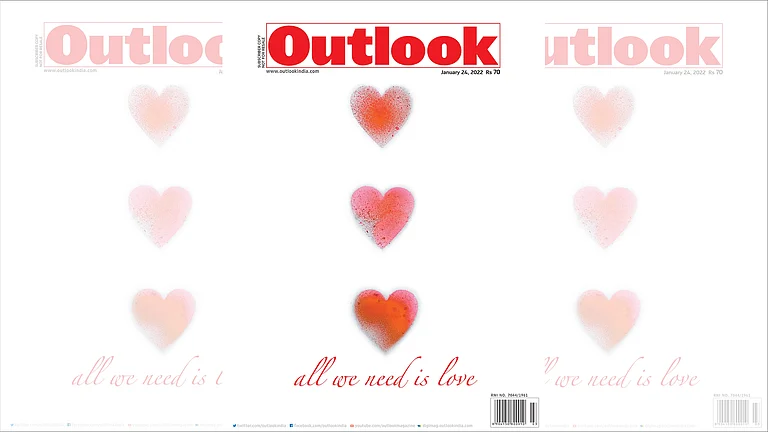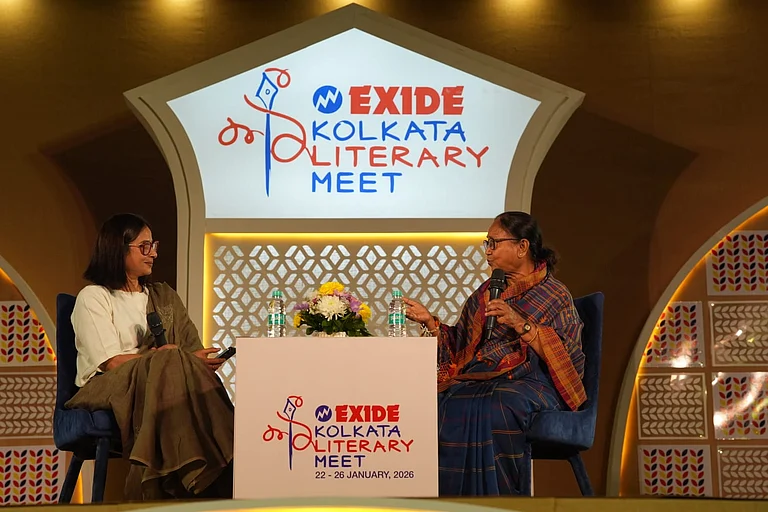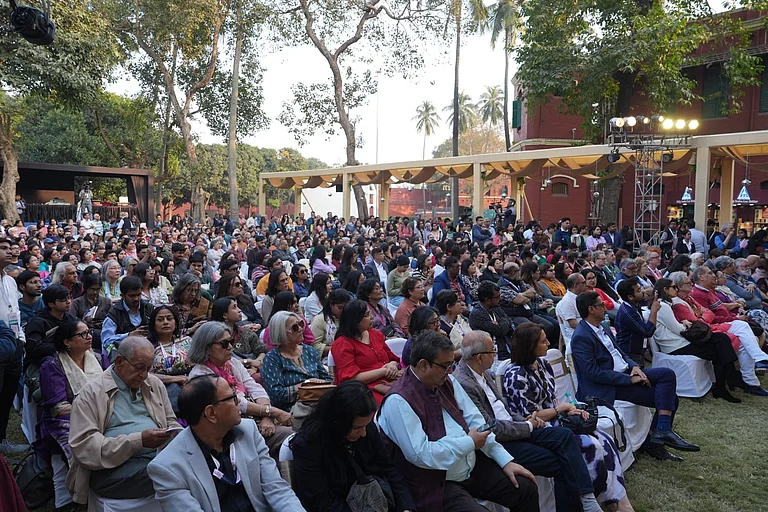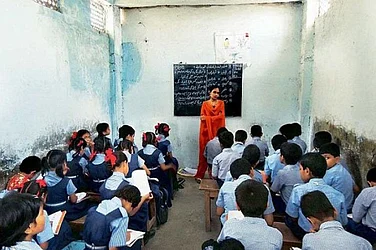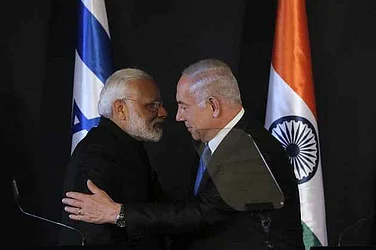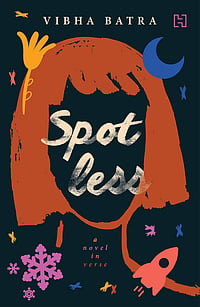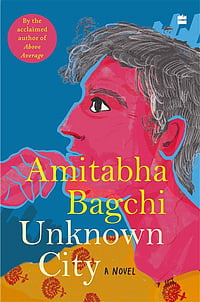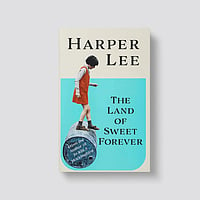International Booker prize winner Banu Mushtaq’s collection of short stories is the first translation from Kannada to English. The vibrant collection of a dozen stories gives an insider’s perspective on the life of the Muslim community from a primarily feminine perspective. The stories which are written across three decades weave a tale of women and their resistance against patriarchy and marginalisation in very different ways. Set in the south, which again is new for the narrative of Muslim literature, the stories slice through the divide of caste and religion to touch the reader. The women in these stories come from different classes but the tales of motherhood, frustration at being confined in a burkha and not allowed to study cut across the classes. This, the reader thinks, is what Mushtaq must have felt.
And the reader’s thoughts are borne out by Heart Lamp, the title story, closely mirrors events from Mushtaq’s own life. Confronted by the suffocating realities of marriage, motherhood, and domesticity—each at odds with the core of her being—Mushtaq made a desperate, radical choice. “One day, I doused myself with white petrol kept at home to clean watches—my in-laws ran a watch-cum-spectacle shop,” she recalls. “With a matchbox in hand, ready to strike, it was my husband—whom I had married for love—who clung to me and placed our three-month-old daughter at my feet, begging me to stop.”
In the short story, Banu Mushtaq reimagines this crucial moment in her life with a more touching restraint. Mehrun, soaked in kerosene, is pulled back from the brink by the sudden presence of her adolescent daughter—there is no loving husband - and the baby placed gently before her on the floor.
There is a wealth of description, the high heeled shoes that plague Asifa forced on her feet by her husband, which are beaded and beautiful, or the peacock sari that Shaista wears. Seemingly swathed for an eternity in her husband’s love which promises to end in a Taj Mahal, the narrative of Shaista’s Mumtaz Mahal life changes abruptly after her confinement. Births, confinement and wishes unfulfilled trail through the stories. Small desires, like a kafan from Shaziya’s Hajj pilgrimage for Yaseen Bua who has saved up for it by washing dishes after her husband abandons her which the pampered Shaziya is too lazy to get or a replacement for Bi Dida’s grease stained prayer mat. There are issues between the rich and spoilt and the poor and deprived drawn out in the detail of family gossip and the relationships between children and their parents.
The fabric of life, saris, lungis for a castration ceremony or shrouds unfold through the pages. There are twists and turns and the expectations of the women do not always work out and they do not work out in real life. The fact that Allah is there is judgment or a husband is watching is always evident even though the women fight the husbands and those who dominate their lives, mothers, sisters in law and the whole paraphernalia of close and claustrophobic relationships. Endless streams of tears flow in repentance or grief accompanied by rituals and their dictates which add to the burden of life with their spiritual weight – the physical is burden enough, beauty, the lack of it, food withheld or abstained from
In Banu Mushtaq’s fiction, the personal is unmistakably political. Her stories are populated with women discarded like worn-out possessions—cast aside by husbands in favour of other women. Many are tethered to relentless domesticity, raising half a dozen children or more, their lives shaped by the pressure to deliver a male heir. But patriarchy, as Mushtaq sees it, is an equal-opportunity oppressor. Men, too, are caught in its machinery, often flailing between the tug-of-war waged by wives and mothers. “Women are often harder on women than men are,” she says, sharply. “They step into men’s shoes and craft their own tactics to keep other women in check.”
Deepa Bhasthi’s translation faithfully brings this veiled world with all its woes to life. She emphasises that the author was confident that despite the predominant Muslim ambience the problems that the women face can apply to any woman in a conservative small town society– especially given the fact that Mushtaq weaves incidents from her own life as a lawyer and issues with studies, in-laws and love into her narratives.






